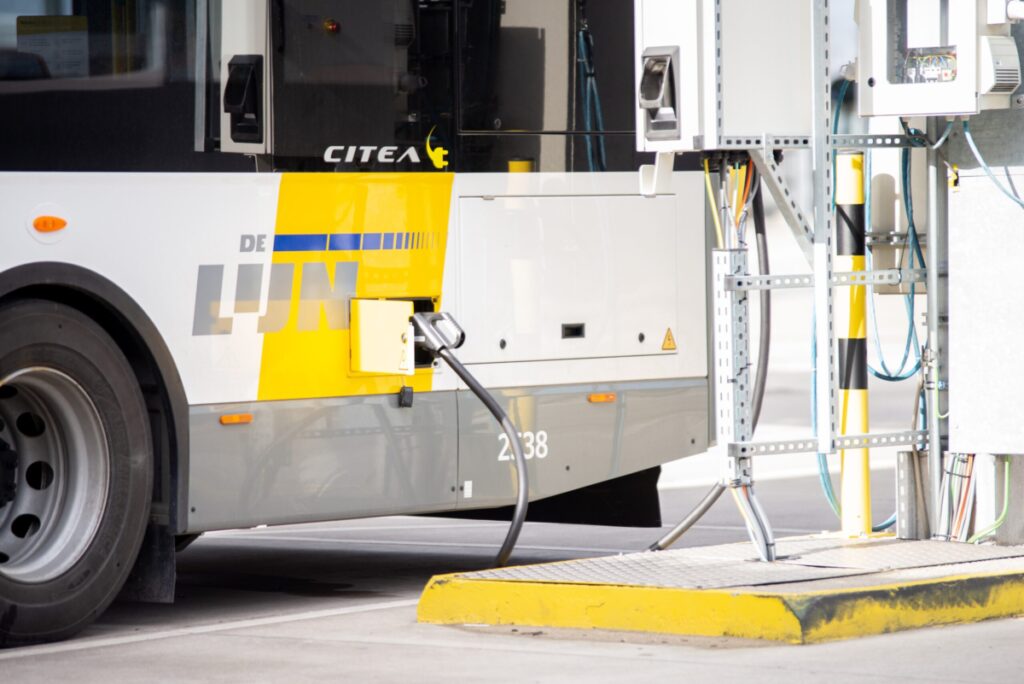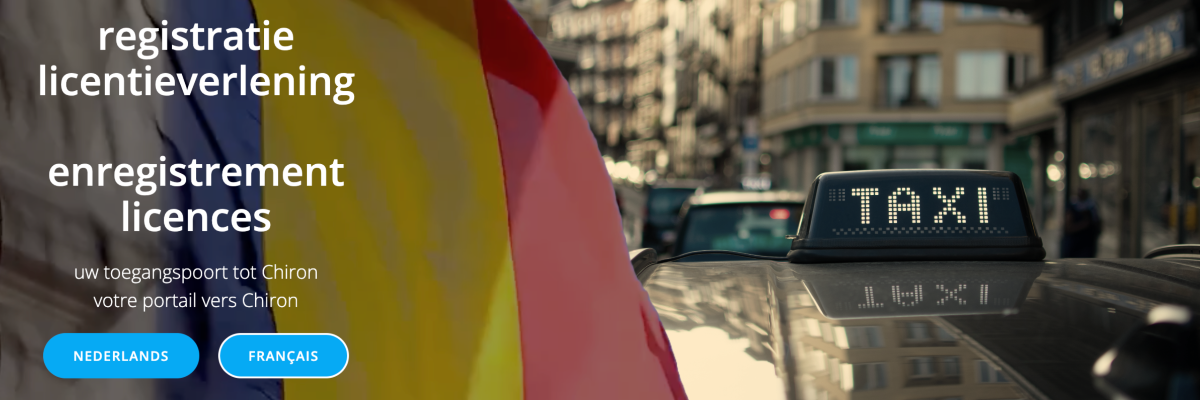It shows that the cities are struggling to follow the own rules they have imposed.
Cities such as Antwerp and Ghent face challenges in making their transport fleets greener adequately. As a result, they are forced to delay the tightening of the LEZ zones in Flanders. This means drivers of Euro 2 petrol cars and Euro 5 diesels will get an extra year before the new rules come into effect.
The tightening of the LEZ zones must be postponed, not only from a social point of view, but also because of their own inability to meet the standards set. A significant portion of their own fleet, including police force vehicles, city services vehicles such as the landscaping service, and even some public transport buses, do not meet current emission standards. This change only applies to Antwerp and Ghent. The LEZ plans for Brussels and the whole of Wallonia, which will become an LEZ zone in January 2025, remain unchanged.

The delayed delivery of the ordered electric buses, which should have been delivered before 1 January 2025, also plays an important role in reducing support for stricter emission standards.
The delay in Antwerp and Ghent is presented as a social gesture to give citizens some financial breathing space during this difficult economic period before they purchase a car that meets a stricter Euro standard.
Although VAB spokesman Mich Vergauwen in the magazine crack welcomed the decision, especially for the financially less well off who get an extra year in this way, the Bond Beter Leefmilieu expressed its disappointment. They emphasize that clean air is also a social responsibility. “Anyone who properly anticipated the approaching deadline has invested too much and too early and cannot count on any compensation. “, says Knack author Gert Verhoeven.



